
How we see Pythagoras Academy
Pythagoras famously said “educate the children and it won't be necessary to punish the men.” Which sounds harsh, there on its own, but it’s true—education is the means to the liberal arts ideal of becoming active, productive, empathetic participants in all aspects of civil life. That means experiencing new things, engaging critically with new ideas, while offering our own talents in the service of others. It also means growing in to an understanding of what membership in communities offers, as well as a sense of roles and responsibilities that those communities require of us. Pythagoras thought big thoughts, and the school does too, as well it should. They offer a rich program, an extensive co-curricular offering, and cast a wide net in terms of instructional delivery. It’s an active place, full of opportunities to do all those things that Pythagoras valued: experience, interaction, values, while accessing a holistic approach to learning and life. Pythagoras also lived in a cave, though that’s a point where this school sharply departs from its namesake. The building is a chief asset of the program. Spaces are open, fluid, bright, modern, and engaging. Any way you slice it, from instruction to school community, there’s a lot to love.
Compare with:
How Pythagoras Academy sees itself
"Pythagoras Academy is a progressive kindergarten to Gr. 5 independent school that embraces the role of the arts and sciences. Education is relevant, engaging, and inspiring, and our teachers are dedicated to making your child's education outstanding. By regularly designing learning experiences that are active and hands-on, our staff ensures that students’ entire educational program supports their learning. We teach students how to apply their interests and talents to solve real-world problems."
"Pythagoras Academy stands out through its unique integration of the 5 Chairs, 5 Choices behavioral agility curriculum. Led by renowned expert Louise Evans, our approach emphasizes conscious communication and relationship mastery. Through tailored programs like the Success Centre and Excellerator, we ensure students reach their full potential. Real-life challenges, the Fine Arts, and inquiry processes enhance critical and creative thinking, preparing students academically and socially."
"Families prefer Pythagoras Academy for its supportive community and adaptive programs. Our Excellerator program offers tailored support, while enrichment activities challenge students. With a remarkable 1:5 staff-to-student ratio, we foster personalized connections, akin to a second family. Transparent school tours showcase our commitment to openness. We prioritize individualized education and relationships, making us the preferred choice for nurturing and enriching schooling."
"Pythagoras Academy defies expectations. Families experience a vibrant community with tailored support. Beyond typical independent school norms, we offer world-renowned curriculum, diverse before/after-school programs, fine arts showcases, and competitive robotics leagues. No matter the learning needs or family lifestyle requirements, Pythagoras Academy is a school for every child and family. Personalized learning paths and extensive volunteer options demonstrate our commitment to every child."
"Families might find it surprising that Pythagoras Academy not only emphasizes academic excellence but also places a strong focus on sports and physical training. Every year, we host basketball and soccer tournaments with other schools, fostering a competitive and collaborative spirit among our students.
When families delve deeper into what our school offers, or after they've been part of our community for a while, they will likely discover that our commitment to developing well-rounded individuals goes beyond the classroom. They might initially expect a rigorous academic environment, but they'll find that we equally value and encourage physical education and teamwork through various sports activities. This holistic approach ensures that our students excel academically while also developing important life skills through sports and physical fitness."
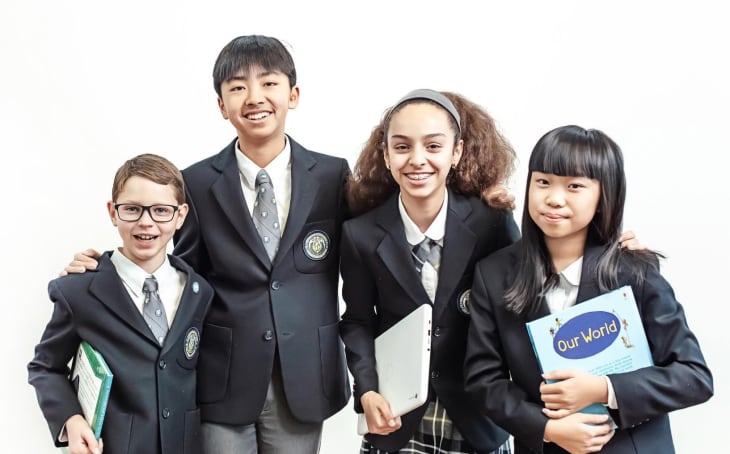

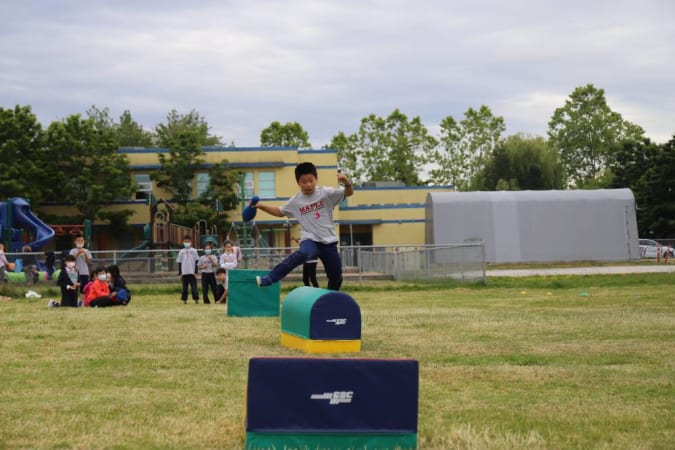

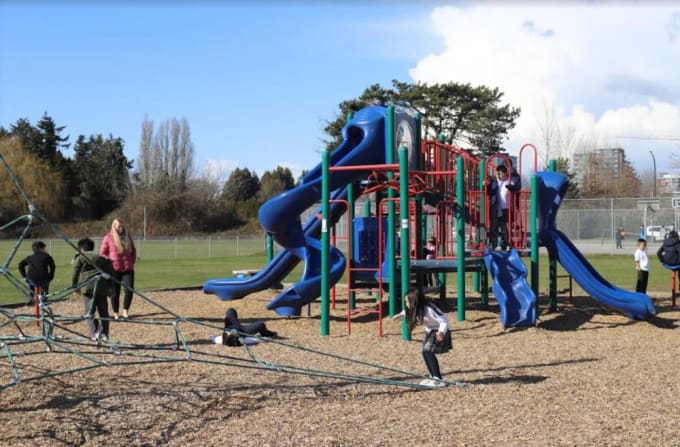




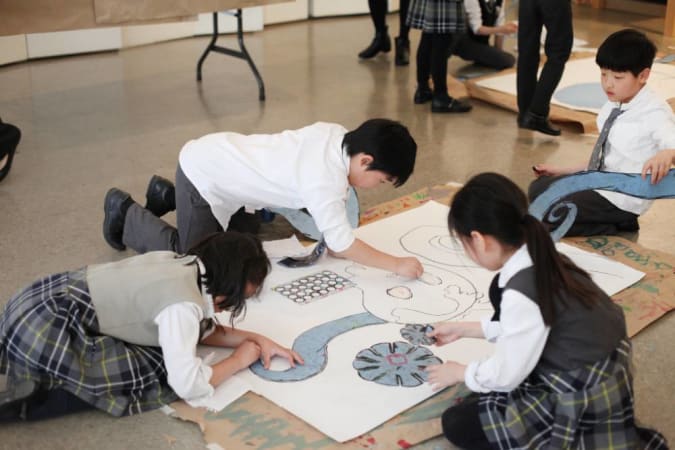




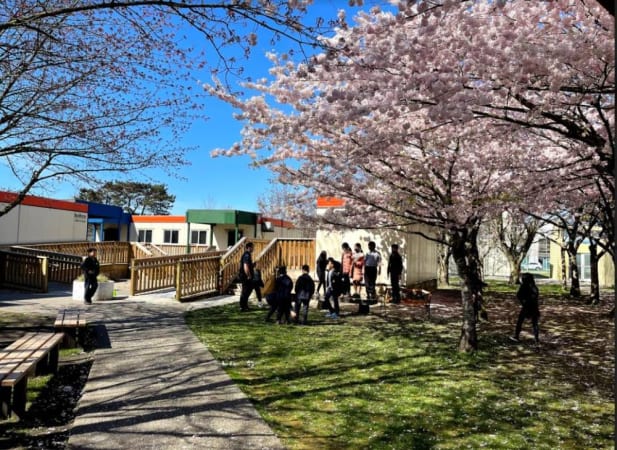
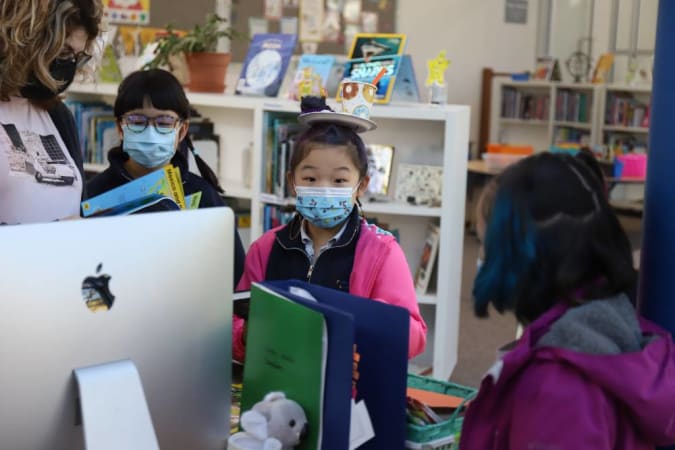




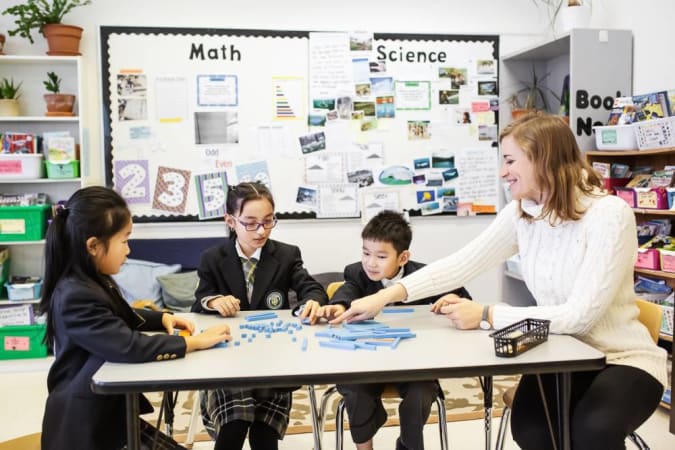

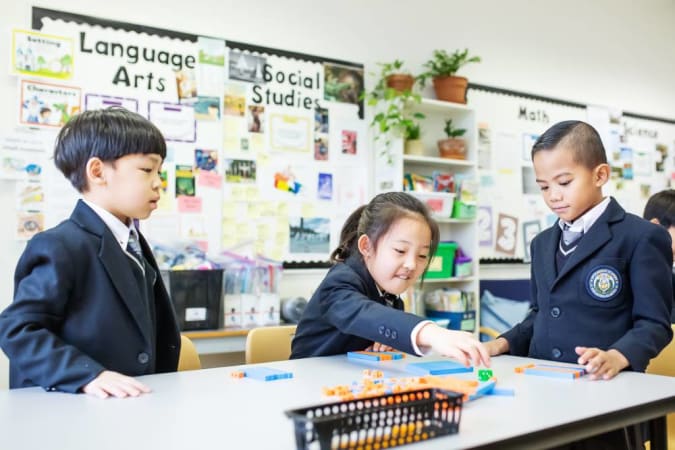
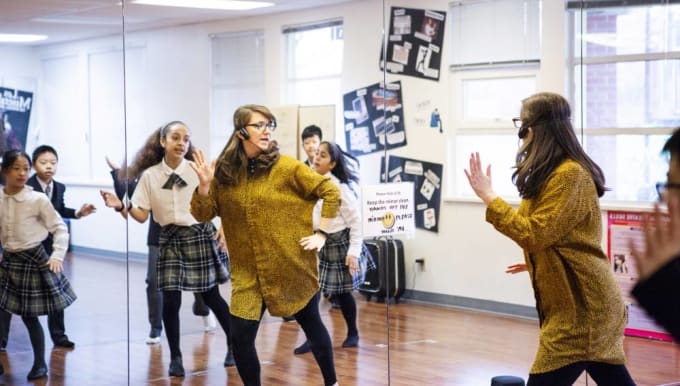




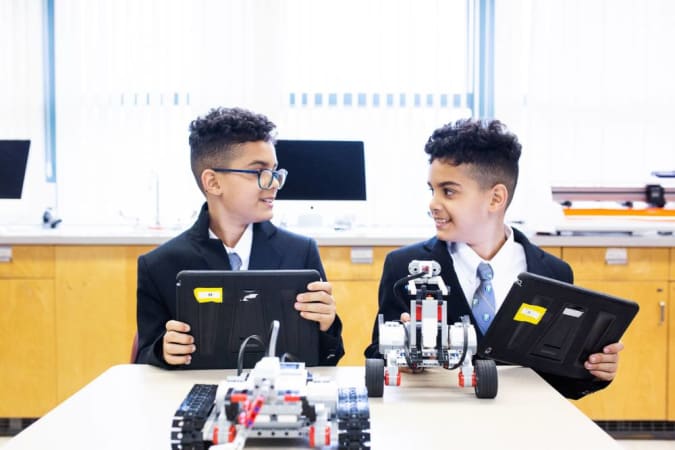
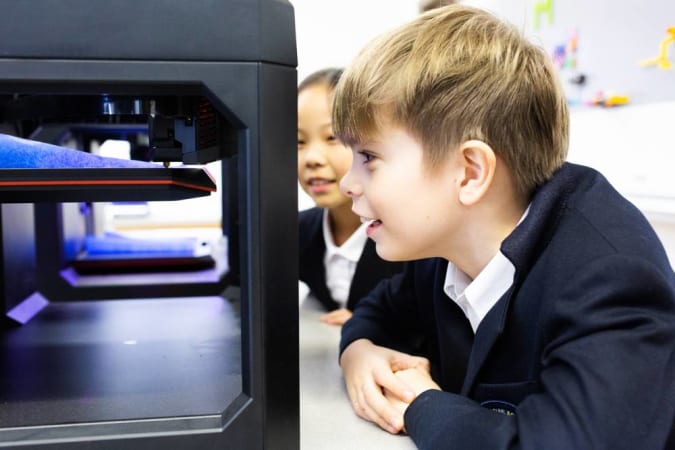
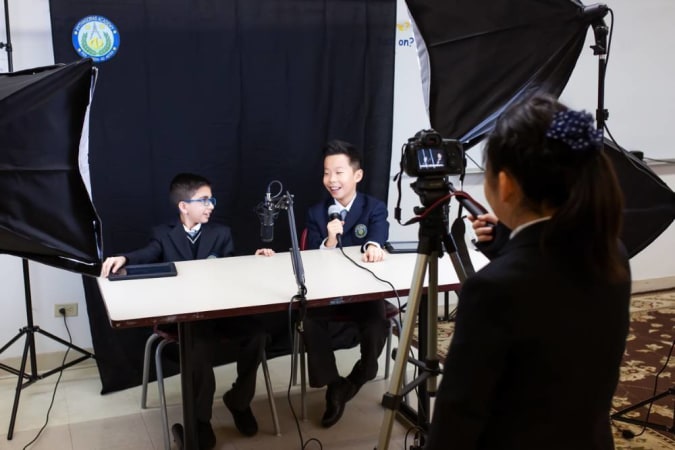



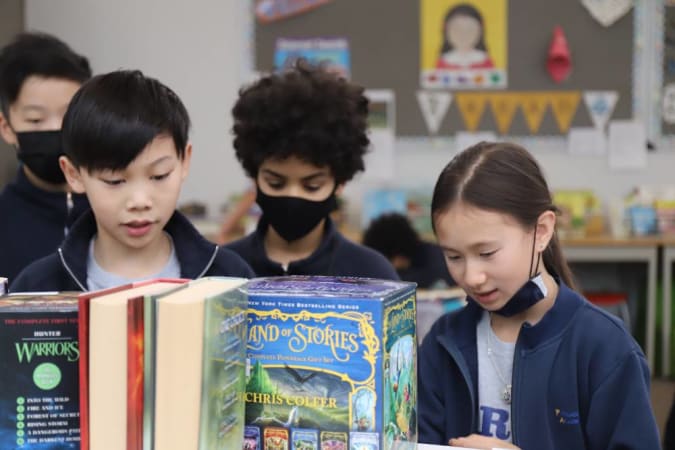

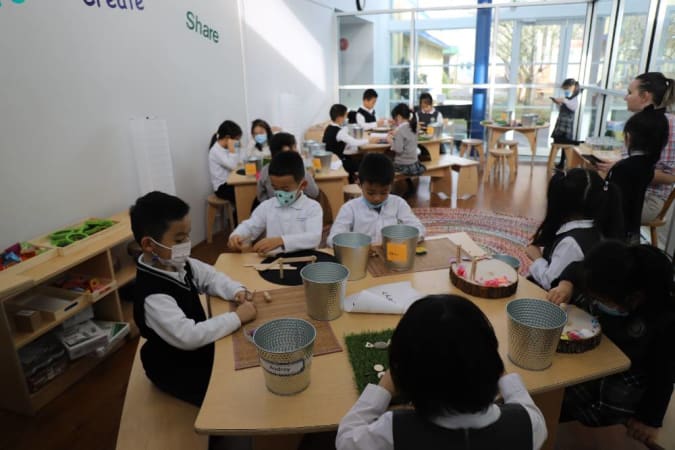
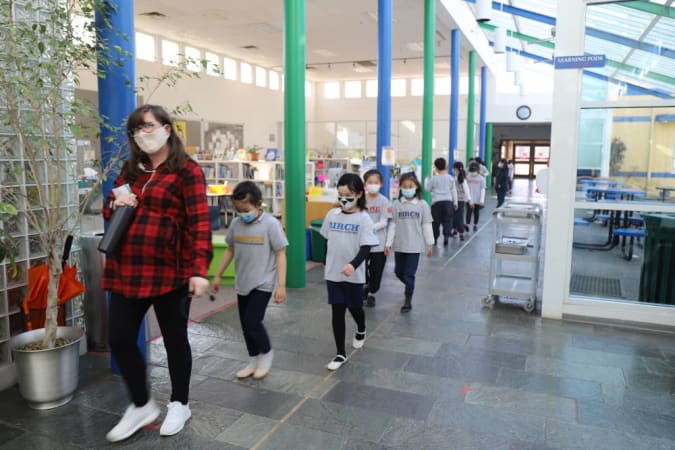






How people from the school’s community see Pythagoras Academy
Top-down influence on the school’s direction and tone

Michael Bouchard, Head of School
A Welcome Message from Our Head of School
At the heart of every child and youth is a curious person, knowing what matters and what interests them. Pythagoras Academy teachers are experts at connecting to students and engaging them deeply in their learning by taking into account the unique qualities of the students they teach. Our students understand that they belong in our community because they ‘stand out’ and not because they try to ‘fit in’.
Students need both creative and complex challenges to thrive. In this light, we have designed many specialized programs to encourage this creativity and to build on students’ problem-solving skills. We have a world-class musical theatre program and information technology/broadcasting program where students are innovative, expressive and confident. Creativity abounds in our Story Studio, our innovative writing space.
We take pride in our students’ collaboration and communication skills. We develop our students’ confidence by coaching them during collaborative, real-world problems solving activities. Learning to work together and knowing how to give and take, appreciate others and generate quality ideas together are skills our students will need in the future. Our learning process is dynamic, crosses disciplines, and often involves a Fine Arts component.
Our parent community works in harmony with our school leadership and warm-hearted, talented staff. Together we create an enriched environment where students feel safe, cared for and supported to invest all of themselves into their learning opportunities.
If you are beginning to get to know Pythagoras Academy, you are welcome to explore our website, book a tour, or speak with me directly about any questions you may have. We welcome all parent inquiries and encourage parents to connect with us on our life-long journey of building a healthy, compassionate, and innovative learning community.
Warmest regards,
Michael Bouchard
Interim Head of School
THE OUR KIDS REPORT: Pythagoras Academy
Next steps to continue your research:
Continue researching Pythagoras Academy with OurKids.net, or visit school website.